What is The Best Material for Plantation Shutters?
Plantation shutters are a popular window treatment option that can add style and functionality to any home. However, with so many materials, it can take time to determine the best fit for your needs. This guide will explore the pros and cons of each material option to help you make an informed decision.
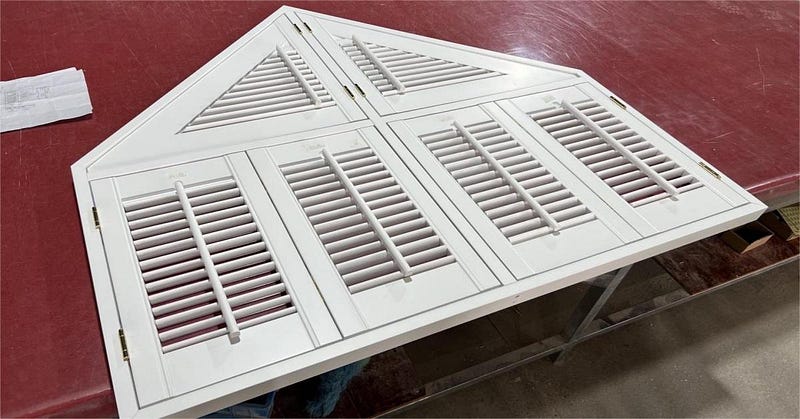
Understand the Different Materials Available
Wood: Natural wood plantation shutters are typically made from solid hardwood, such as basswood, poplar, oak, cherry, maple, or mahogany. These woods are known for their durability, strength, and ability to hold finishes well.
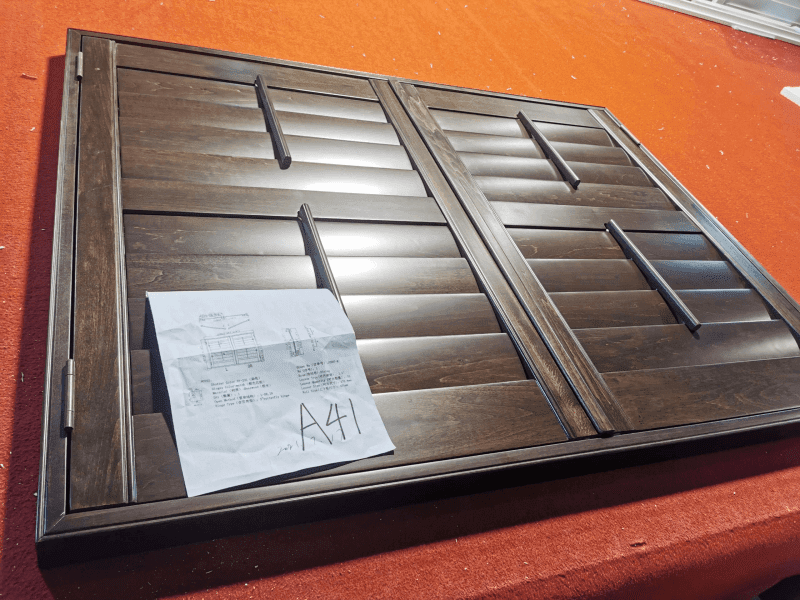
Basswood is a popular choice for natural wood plantation shutters due to its lightweight nature, stability, and resistance to warping. It is also easy to work with, making it ideal for customizing shutters with various finishes and stains.
Poplar is another common wood species used for natural wood plantation shutters. It is denser and more rigid than basswood, providing more durability and resistance to denting or scratching.
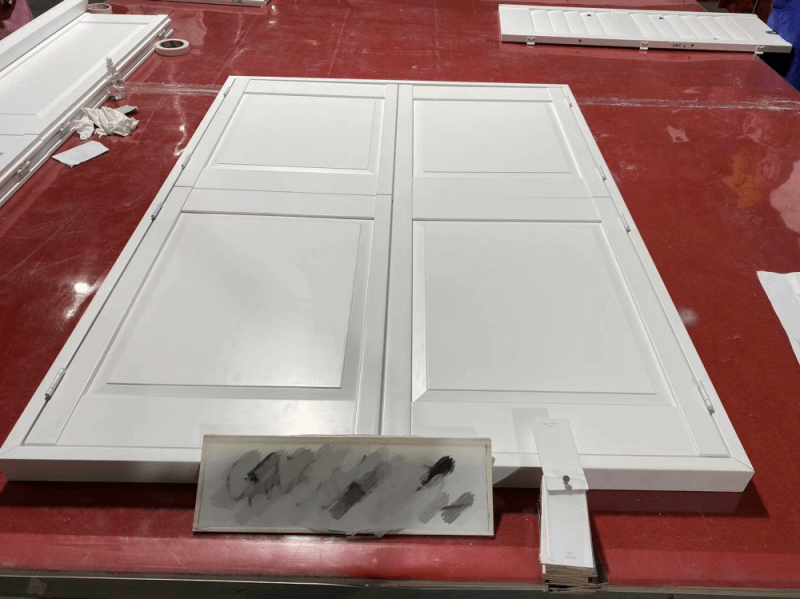
Other woods, such as oak, cherry, and maple, are also used for natural wood plantation shutters, offering a range of textures and grain patterns to match different decor styles. Mahogany is a denser and more expensive wood species with a rich, dark finish and high durability.
The specific type of natural wood used for plantation shutters depends on the user’s appearance, durability, and cost preference.
Pros:
- Classic and elegant look that adds warmth and character to any room.
- It can be customized with various finishes and stains to match any decor.
- Solid wood shutters are lighter, which can help with the operation.
- It provides excellent insulation, helping to regulate temperature and reduce energy costs.
- Durable and robust and can last for many years with proper maintenance.
- Solid wood shutters are available in broader and taller panels without the additional support of divider rails.
- Available in a range of wood species, such as oak, maple, cherry, and pine, offering a variety of natural textures and grain patterns.
- It can be repaired or refinished if damaged or worn over time.
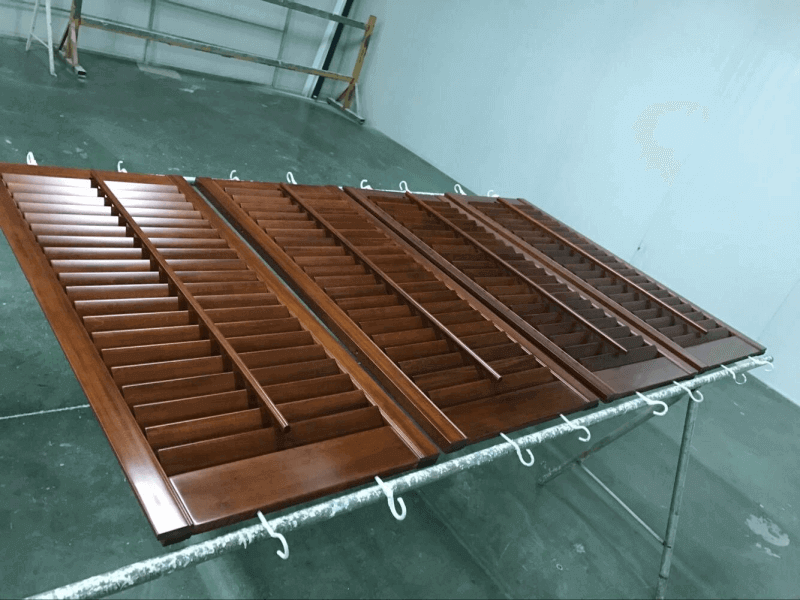
Cons:
- Vulnerable to moisture and humidity, which can cause warping, cracking, or rotting, especially in high-humidity environments.
- It can be expensive, depending on the wood species and customization options.
- Requires periodic maintenance such as refinishing or repainting to maintain their appearance and protect them from wear and tear.
- It can be heavy and difficult to install, especially for oversized windows or doors.
Vinyl: Vinyl plantation shutters are typically made from a synthetic material called polyvinyl chloride (PVC), a type of plastic. PVC is known for its durability, strength, and resistance to moisture, making it an ideal material for shutters.
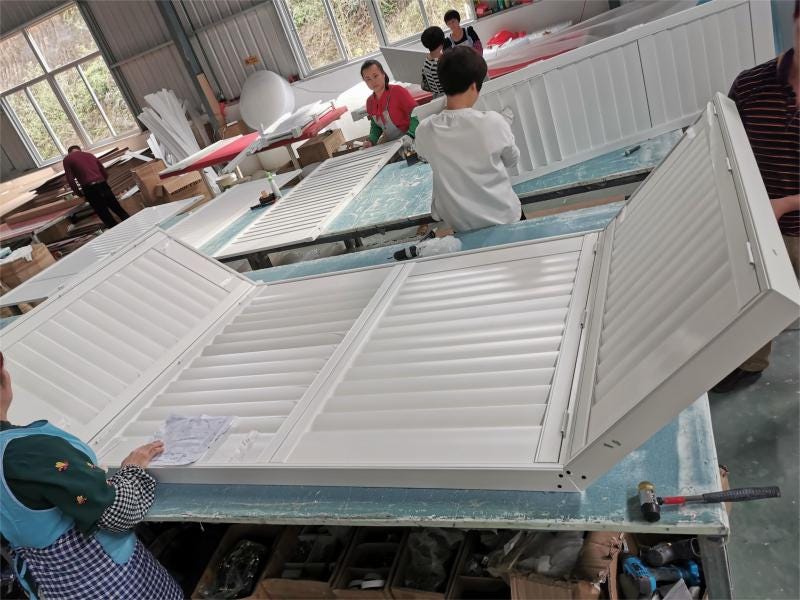
Pros:
- Waterproof and moisture-resistant, making them suitable for use in high-humidity environments, such as bathrooms and kitchens.
- Easy to clean and maintain, requiring only occasional dusting or wiping with a damp cloth.
- Resistant to fading, cracking, or warping from exposure to sunlight or heat.
- Affordable, with a lower cost compared to natural wood shutters.
Cons:
- It may not offer the same natural and warm appearance as wood shutters.
- They are less durable than natural wood shutters and can be susceptible to damage from impact or strong winds.
- They cannot be stained or painted to match specific decor styles.
- It may not add as much value to a home as natural wood shutters.
Composite: Composite plantation shutters are typically made of engineered wood or medium-density fiberboard (MDF) covered with a polypropylene coating or a high-quality vinyl wrap. The wood and resin mixture creates a strong, durable, and moisture-resistant material, making it ideal for shutters.
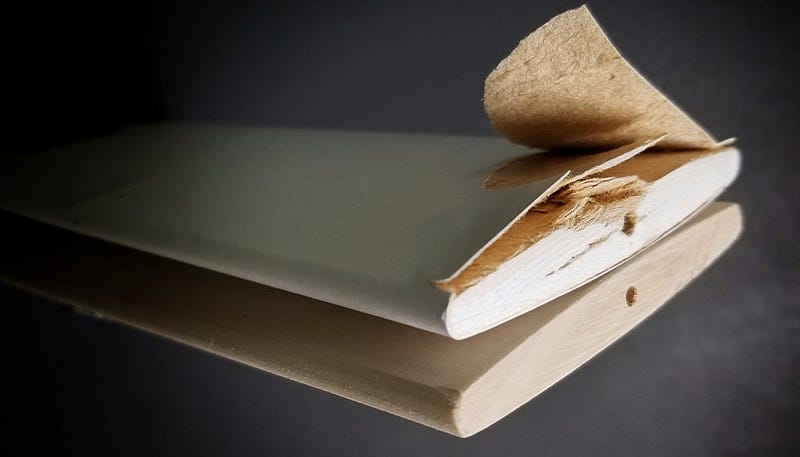
Pros:
- Moisture-resistant, making them suitable for high-humidity environments like bathrooms and kitchens.
- Resistant to warping, fading, and cracking, which can be caused by exposure to sunlight or heat.
- More affordable than natural wood shutters while still offering a similar appearance.
- Durable and easy to maintain, requiring only occasional dusting or wiping with a damp cloth.
Cons:
- It may not offer the same warmth and natural appearance as real wood shutters.
- The material may not be as solid and long-lasting as natural wood shutters.
- Composite shutters are not available in many colors. In addition, matching trim can be more complex or not exact.
- Composite shutters are heavier than wood shutters.
- Composite shutters are more rigid than solid wood.
Faux wood: Faux wood plantation shutters are typically made from a composite material that combines PVC and a wood or MDF core. The core is covered with a PVC or vinyl coating that looks like natural wood.
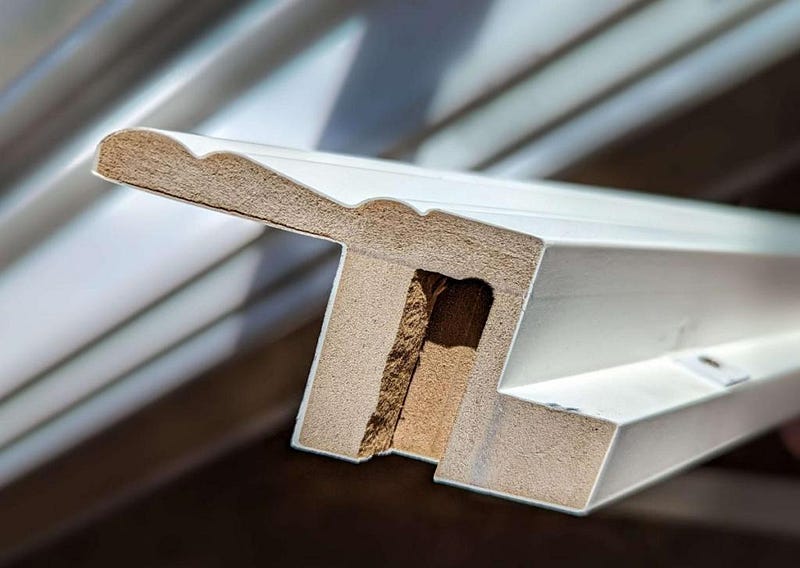
Pros:
- Moisture-resistant, making them suitable for high-humidity environments like bathrooms and kitchens.
- Resistant to warping, fading, and cracking, which can be caused by exposure to sunlight or heat.
- More affordable than natural wood shutters while still offering a similar appearance.
- Durable and easy to maintain, requiring only occasional dusting or wiping with a damp cloth.
- Environmentally friendly as they do not require harvesting of natural wood.
Cons:
- It may not offer the same warmth and natural appearance as real wood shutters.
- The material may not be as solid and long-lasting as natural wood shutters.
- Limited range of color options compared to wood shutters.
The material you choose for your plantation shutters can make all the difference. Don’t know which material to choose for your plantation shutters? This comprehensive guide covers everything you need to know to make an informed decision.
The Ultimate Guide to Choosing the Best Material for Plantation Shutters
